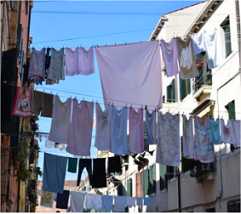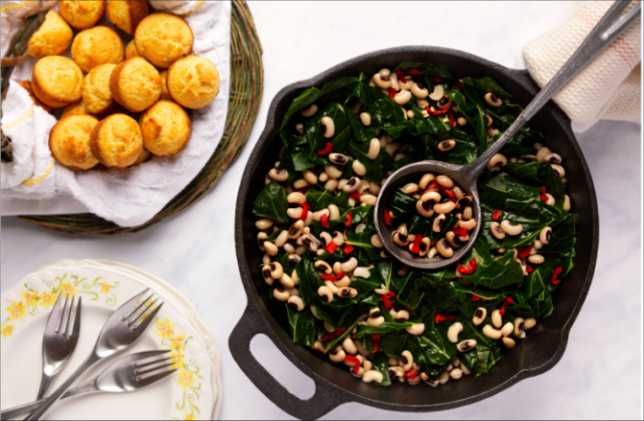|
The Feel-Good Guide to Sports, Travel, Shopping & Entertainment
|
| Main | Sports Events | Holidays & Observances | Pop Culture | Shopping | Travel |
|
MAIN
Traditions and superstitions that help bring good luck for the New originate from every corner of the world. Some cultures count a tall, dark and handsome man crossing the threshold for the New Year as a sign of good luck. Others involve something as mundane as housecleaning.which may range from sweeping the floors to changing the bed linens -- for a fresh start to the New Year. Holding a piece of silver or gold is said to increase the chances of prosperity. Some may place a silver coin over the doorway, or a penny on the windowsill on New Year's Eve for the same reason. In close relation to banging pots and pans in Iran, or setting off firecrackers to welcome in the Chinese New Year, an Irish superstition involves banging on the walls with Christmas bread to ensure bread enough to last through the year. The fact that it chases away evil spirits also doesn't hurt.
The youngest boy in the family, elected to light a candle to burn through the night, is another Celtic tradition. It's similar to lighting bonfires, or the Samhain tradition of placing tapers in the windows to chase away evil spirits. Dropping melted lead into cold water, like reading tea leaves to tell their New Year fortunes, is a popular German tradition. Today, kits are even sold that include the lead pellets with suggestions for discerning what it all means. In the Philippines, children jump up and down at midnight to make sure they will grow tall. In Asia, sunrise celebrations bring luck. Then there are the traditional foods that ensure luck in the New Year: In Italy, eating lentils ensures prosperity in the New Year because the flat legumes are said to resemble coins. Italians will also suggest that you follow it with chiacchiere, honey drenched balls of fried dough, to ensure a sweet new year in Italy. In the Southern US, a heaping bowl of black-eyed peas on New Year's Eve promises a year of good fortune. Eating leafy greens (the color of money), or anything that forms a circle - such as donuts or pretzels - also brings good luck.
While these ancient holiday traditions as varied as the lands where they orginated, they all have one thing in common. They're a time-tested way to confidently face the dark unknown, and to instill communal belonging and bright hope in the year ahead. With best wishes for love, health and prosperity to you and yours. Happy New Year. More about New Year traditions worldwide around the Web:
New Year's Traditions Around the World - Tour the customs associated with the New Year with info on the foods for health and prosperity as well as traditional good luck symbols.... Irish Christmas and New Year Customs and Superstitions - The Celtic traditions and superstitions left over from the Druids form the basis for traditions in Ireland. Much of the mythology of New Year's comes from the ancient Samhain festivals...
|




